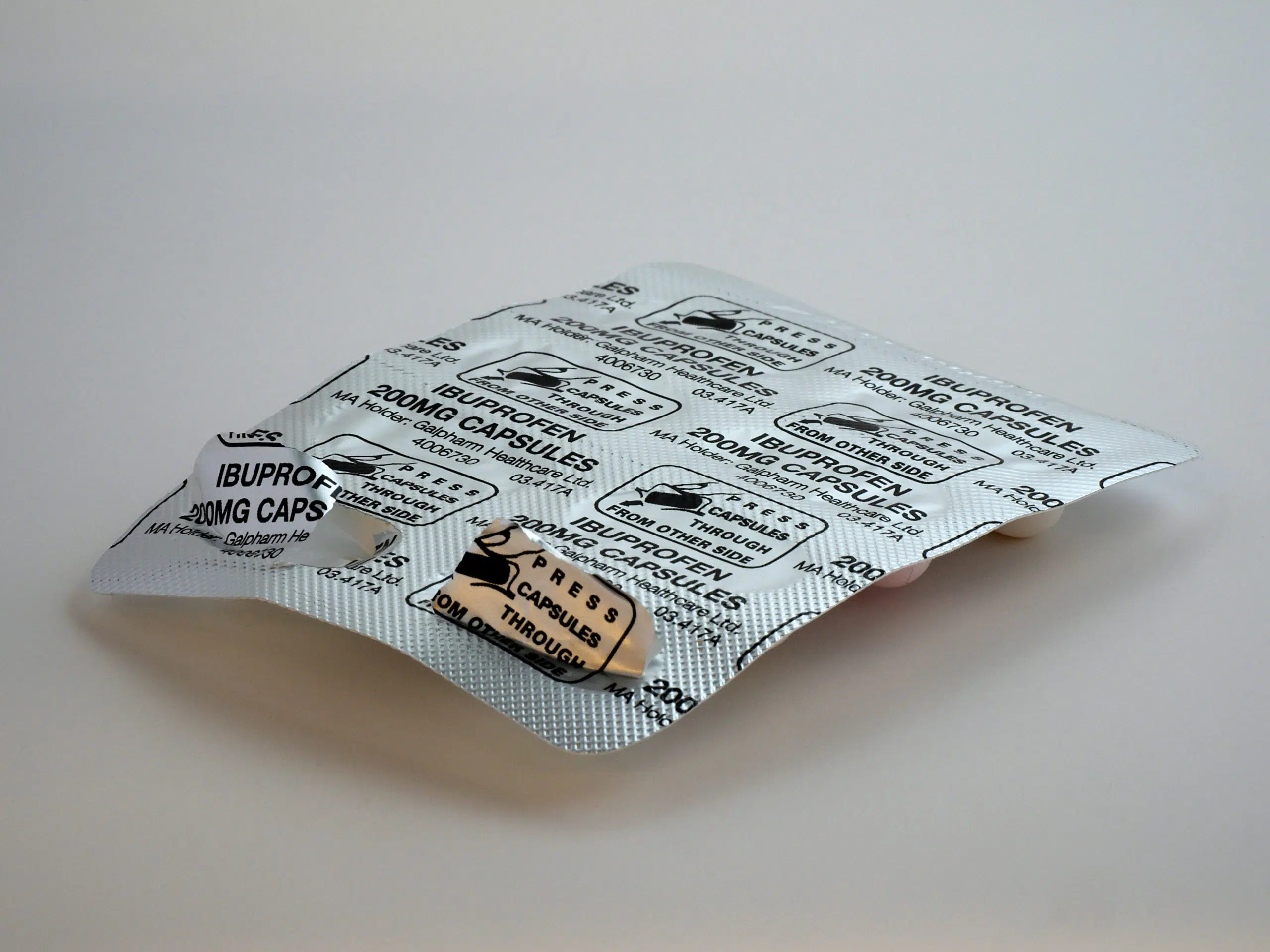
February 22, 2022 – As a new COVID-19 treatment rolls out across the country, the Illinois Department of Public Health (IDPH) continues to distribute these life-saving therapeutics equitably across the state. On February 11, 2022, the U.S. Food and Drug Administration (FDA) issued an emergency use authorization for a new monoclonal antibody, bebtelovimab, for the treatment of COVID-19. Bebtelovimab will now join another monoclonal antibody treatment, sotrovimab, two oral antivirals, Paxlovid and molnupiravir, and a preventive drug, Evusheld, in the list of COVID-19 treatments available across Illinois.
“This newest COVID-19 treatment authorized by the FDA will continue to move us forward as we co-exist with COVID-19,” said IDPH Director Dr. Ngozi Ezike. “While vaccination and boosting are still the best protection against severe illness due to COVID-19, this new treatment, along with other previously authorized treatments, can help keep people out of the hospital.
Bebtelovimab is authorized to treat mild to moderate COVID-19 in adults and certain pediatric patients who are at high risk for severe COVID-19, including hospitalization or death, when other therapies are not available. Bebtelovimab is administered as an intravenous injection. If you test positive for COVID-19, talk with a health care provider right away to see if you are eligible for one of these treatments and to get a prescription.
Similar to other therapeutics, the U.S. Department of Health and Human Services (HHS) will oversee allocation of bebtelovimab. While these therapeutics are provided free from HHS, they are in limited amounts. Equitable distribution is a priority for IDPH and has been throughout the pandemic – from testing, to vaccinations, to treatments. Once IDPH receives its allocation from HHS, it looks at the population of each COVID-19 region, the most vulnerable communities (Social Vulnerability Index), vaccination rates, and hospitalization rates. Prioritizing equity, IDPH currently is largely distributing and tracking distribution of COVID-19 therapeutics to high impact areas such as those ranking high on the Social Vulnerability Index and with low vaccination rates. IDPH also tracks the extent of utilization of therapeutics to determine future distribution. Similar to assisting with vaccine availability, IDPH has developed a matchmaker system that allows providers needing therapeutics to connect with providers who may not be using all their allocation.
In an effort to better target where more COVID-19 treatments are needed in Illinois, IDPH began asking health facilities and pharmacies at the end of last year to report demographic information about who was receiving these treatments. Unfortunately, only a handful of facilities and pharmacies provided information. IDPH more recently asked HHS if it could compel providers to report demographic information so that public health officials could incorporate this information into distribution decisions.
